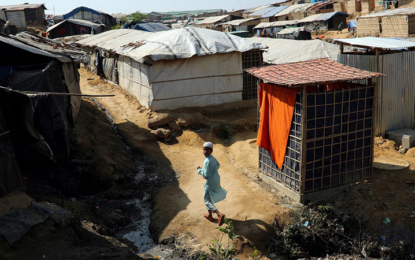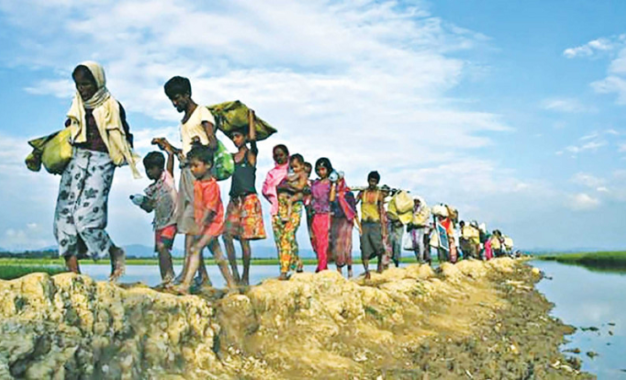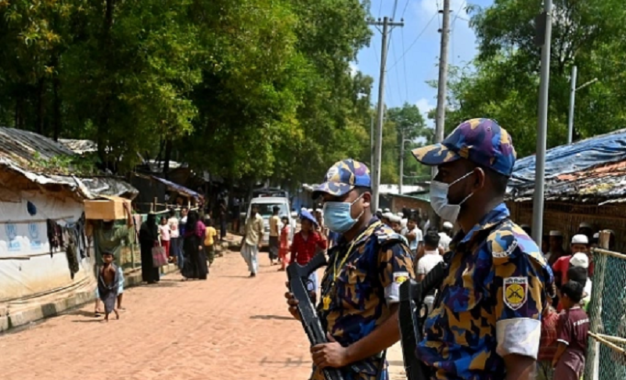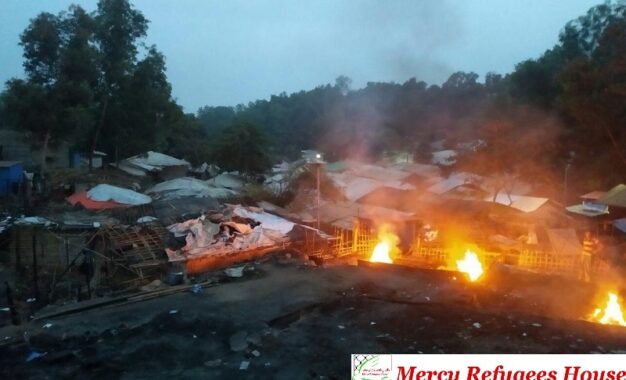Latest News
Rohingya ‘beaten and killed’ if they try to leave ‘unliveable’ detention camps, claims report
Bangladesh, Help Refugees, Human Rights, Malaysia, Myanmar, Refugee instruction, Refugees issues, Religious Rights

Human rights campaigners have made fresh calls for Myanmar to close down Rohingya detention camps where conditions are still “unliveable” eight years after they were set up.
Around 130,000 Rohingya Muslims live across 24 camps in Myanmar’s Rakhine state because they were forced from their homes in what has been described as a government ethnic cleansing campaign in 2012.
Describing the camps as “open prisons”, a new report by Human Rights Watch (HRW) claims Rohingya residents are killed if they are caught beyond their walls.
Inside the two-dozen camps, detainees face malnutrition, waterborne diseases, child and maternal mortality, and brutality by guards, the report says.
The 169-page document is based on 60 interviews with Rohingya and Kaman Muslims, as well as 100 government, United Nations and NGO documents.
One Rohingya man told HRW: “The camp is not liveable for us.”
Another said that despite Myanmar’s government claiming it wants to close the camps, measures being taken are designed to make the Rohingyas’ displacement permanent.
One woman who was interviewed said: “I think the system is permanent. Nothing will change. It is only words.”
Myanmar’s government – led by Aung San Suu Kyi – promised to start closing the camps in 2017. In 2019, it adopted a so-called “National Strategy on Resettlement of Internally Displaced Persons (IDPs) and Closure of IDP Camps”.
But since then there has been no sign of closure – and instead officials have built permanent structures for the Rohingyas to live there indefinitely.
As well as the strict curfews restricting freedom of movement, residents are also denied education and healthcare, the report adds.
And access to humanitarian aid and food supplies is also being blocked, it claims.
Amazon Sponsorship
Recent Posts
Jul 29, 2023
It has been close to six years since hundreds of thousands of Rohingya faced a deadly genocide by Myanmar’s military and fled the country in search of protection and refuge in neighbouring Bangladesh. The Rohingya population has been undergoing persecution, discrimination, arbitrary arrests, and atrocities in Myanmar for over seven decades. Their condition is alarmingly […]


















